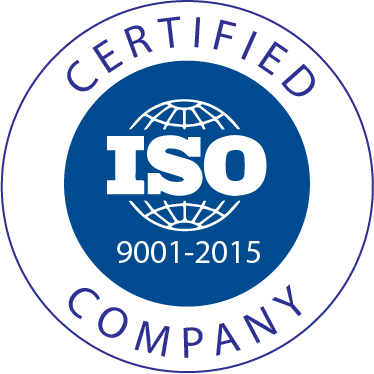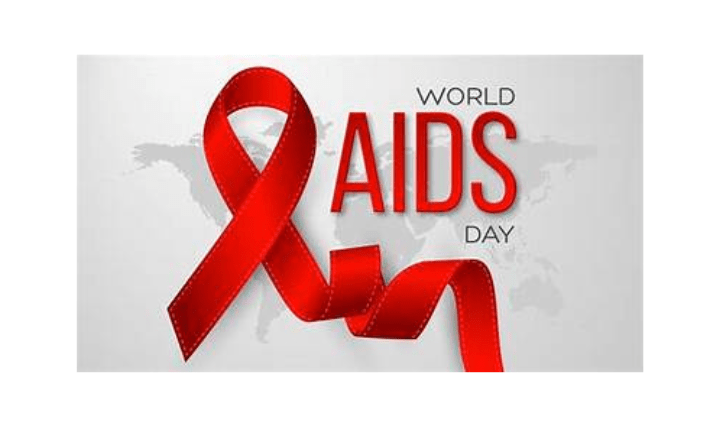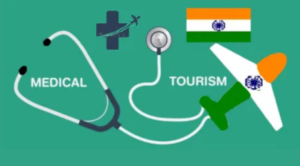Annually, World AIDS Day marks a critical juncture, focusing on heightening awareness around AIDS, a severe health condition triggered by the Human Immunodeficiency Virus (HIV). This day is a time for contemplation on the advancements and hurdles in combating this worldwide health crisis.
Defining HIV/AIDS
The narrative of HIV/AIDS is intricate and poignant. First recognized in the early 1980s, HIV rapidly evolved into a worldwide emergency. In its early stages, it was enveloped in fear and misconceptions, seemingly affecting particular demographics, which resulted in extensive stigma. As understanding grew, it became evident that HIV is non-discriminatory, impacting individuals of any age, gender, or way of life.
Understanding HIV/AIDS
HIV, a type of retrovirus, targets the immune system, particularly focusing on CD4 cells (T cells) that are essential in combating infections. In the absence of appropriate treatment, this virus progressively impairs an individual’s immune defense, culminating in the development of AIDS. AIDS is characterized by the development of certain cancers, infections, or other severe clinical manifestations.
The Indian Context
In India, the first case of HIV was diagnosed in 1986. Since then, the country has witnessed a fluctuating pattern in HIV prevalence. At first, the reaction was sluggish, hindered by societal stigma and a scarcity of resources. Yet, as time passed, India has achieved considerable progress in both the treatment and awareness of HIV/AIDS.
Advances in Treatment
Worldwide, there have been significant improvements in treating HIV/AIDS. The advent of Antiretroviral Therapy (ART) in the mid-1990s marked a pivotal moment. While ART does not eliminate HIV, it effectively manages the virus, enabling people to enjoy extended, healthier lives. In India, the introduction of generic versions of ART has revolutionized treatment, making it more accessible and cost-effective for a broader segment of the population.
Evolution in India
The progress India has made in combating HIV/AIDS is remarkable. Through concerted efforts by the government and numerous non-governmental organizations, there has been a significant push to enhance awareness, diminish stigma, and expand treatment accessibility. The country’s manufacturing of generic Antiretroviral Therapy (ART) medications has transformed the treatment landscape not just within its borders but also in several developing nations, primarily due to its affordability.
Current Scenario
Today, India is at the forefront of HIV/AIDS treatment with its robust healthcare infrastructure and ongoing research. The country’s approach to managing HIV/AIDS has evolved to include comprehensive care, encompassing prevention, timely diagnosis, and holistic treatment strategies.
The Role of Awareness and Education
Education and awareness remain critical in the fight against HIV/AIDS. Continuous efforts to educate the public about safe practices, regular testing, and the importance of adherence to ART are crucial in controlling the spread of HIV.
The history of HIV/AIDS is a testament to human resilience and scientific progress. From a period of fear and uncertainty to an era of hope and advanced treatment, the journey has been transformative, especially in India, where the battle against HIV/AIDS continues with renewed vigor and commitment.
Pathways of Transmission and Preventative Measures
The spread of HIV occurs via bodily fluids. Emphasizing and advocating for practices like safe sex, including condom usage, is essential in curtailing HIV spread. Consistent HIV screening is critical, as timely identification can lead to effective control through Antiretroviral therapy (ART).
Worldwide Influence and Data
Early 1980s marked the profound impact on the health of infected people as the HIV/AIDS epidemic occurred. Facts and statistics about the disease highlights the need for educational efforts and research to alleviate the health graph.
Progress in Treatment Approaches
The landscape of AIDS treatment has undergone substantial changes. ART has redefined HIV from a terminal condition to a controllable chronic illness. Access to these vital treatments is imperative for individuals living with HIV.
Educational Initiatives and Awareness
Education about HIV/AIDS is a cornerstone in prevention strategies. World AIDS Day provides a platform to debunk misconceptions and inform the public about HIV prevention and transmission. It’s also an occasion to confront the stigma around HIV, which can deter individuals from seeking testing and treatment.
Community and Public Health Endeavors
Efforts in community health are crucial in battling the AIDS epidemic. Public health campaigns are centered on raising awareness and support for HIV/AIDS, promoting testing, and safe practices. Organizations like the World Health Organization (WHO) play an integral role in these global efforts.
The Necessity of Support Systems
Navigating life with HIV/AIDS presents challenges. Support groups and services for HIV/AIDS are vital, offering necessary medical and emotional support. Access to these resources is crucial for individuals who are HIV-positive.
Future Outlook: Research and Breakthroughs
The pursuit of AIDS research is relentless, with scientists striving to discover a cure and enhance treatment methods. Advances in this area have the potential to significantly change the trajectory of the HIV/AIDS pandemic.
UniMediks: Supporting International HIV Patients
UniMediks acknowledges the difficulties faced by HIV patients, particularly those from overseas seeking cost-effective and high-quality treatment. Our mission is to bridge the gap for these patients, facilitating access to the sophisticated medical infrastructure and economical treatment options in India.
Enabling Cost-Effective Treatment in India
India’s reputation for delivering superior medical care at considerably lower prices than many Western nations is well-known. UniMediks plays a pivotal role in guiding foreign HIV patients through the Indian healthcare system, ensuring they receive optimal care at economical rates.
Tailored Assistance and Care
Recognizing the complexities involved in seeking medical treatment abroad, UniMediks provides bespoke support to HIV patients. This includes organizing consultations with leading HIV experts and logistical assistance such as travel and accommodation arrangements, ensuring a smooth and worry-free experience for our patients.
Access to Cutting-Edge Treatments
With its advanced technology and highly skilled medical professionals, India’s healthcare sector offers the latest in HIV treatment and care. UniMediks connects patients with top-tier hospitals and clinics specializing in HIV, ensuring they have access to the most current treatments and therapies.
Journeying Towards Wellness
Our commitment extends beyond medical logistics. We offer ongoing support throughout the treatment process, including post-treatment care and counseling services. UniMediks is devoted to supporting every patient on their path to wellness.
World AIDS Day is a vital reminder of the continuous fight against HIV/AIDS. It’s a day for raising awareness, honoring those we’ve lost, and nurturing hope for an AIDS-free future. UniMediks is proud to contribute to this global endeavor, providing comprehensive support and services that significantly impact the lives of HIV patients, particularly those seeking affordable treatment in India.















